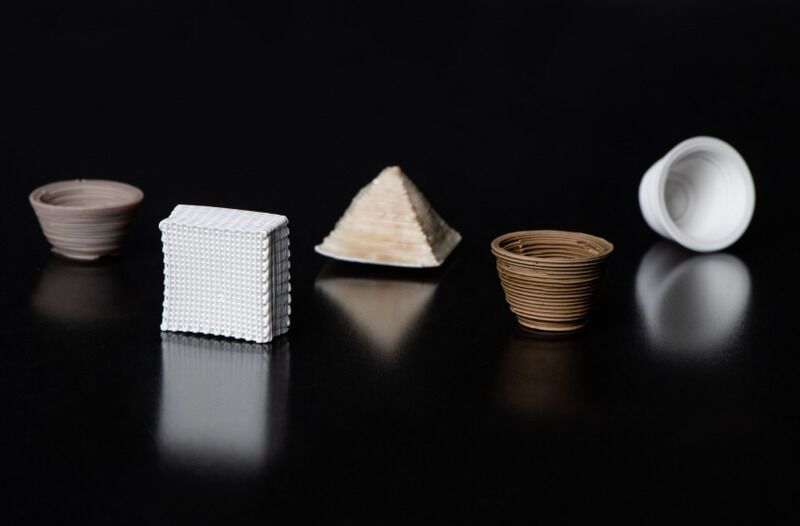Researchers at MIT Lincoln Laboratory have developed a new 3D-printing technique that can create complex glass structures without heating them to high temperatures. The technique uses a special ink made of water glass and particle components that can be extruded in a filament form and printed layer by layer.
After printing, the glass structure is submerged in a mineral oil bath to evaporate the water and harden the glass. The technique can enable glass to be integrated with temperature-sensitive microelectronics, such as silicon-based devices because it does not require heating above 250°C.
The technique can also produce glass with unique optical, electrical, and chemical properties by embedding nanoparticles or other additives in the ink. The Lincoln Laboratory is currently patent-pending on this technology, as it is a revolutionary breakthrough in 3D printing for complex glass structures.
Image Credit: Nicole Fandel



